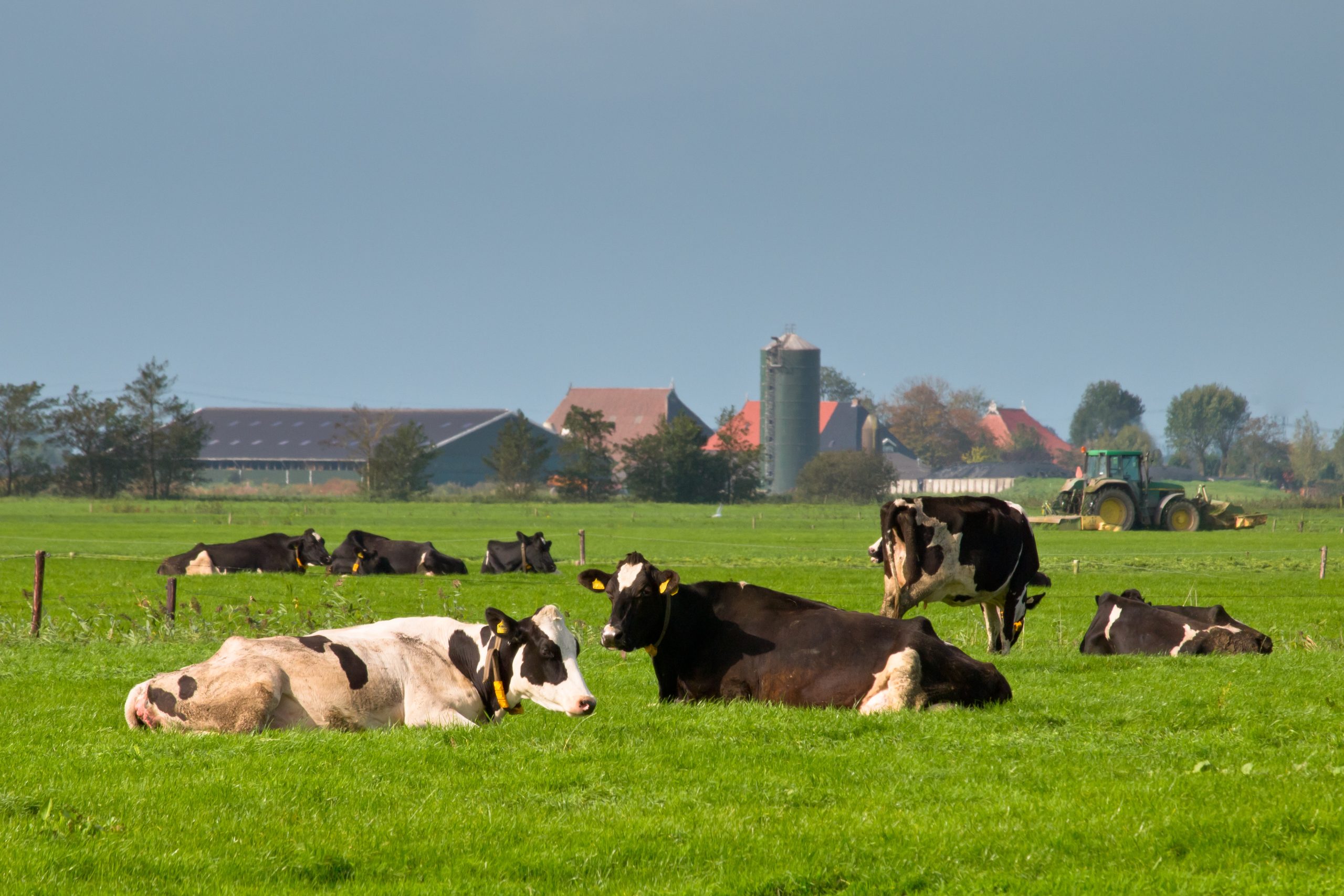July 24, 2024
I am concerned about the potential repercussions of the Ending Agricultural Trade Suppression (EATS) Act language that U.S. House Agriculture Committee Chairman Glenn Thompson, R-Pa., has included in his Farm Bill.
The negative impact on our agricultural sector, especially for those dedicated to grassfed and pasture-based production, could be devastating. Despite its misleading title, the EATS Act threatens to undermine the foundation of American agriculture by focusing on trade liberalization at the expense of our farmers’ livelihoods and the integrity of our food system.
The EATS Act is purportedly designed to streamline trade regulations and promote fair competition across state lines. In theory, this goal seems beneficial. However, it opens the floodgates to cheap imports that can devastate American farmers who have committed to higher standards of production.
Grassfed and pasture-based producers are at risk, as they adhere to stringent protocols that emphasize animal welfare, environmental sustainability and product quality. These standards are not mere preferences; they are a large investment in practices that foster healthy ecosystems, enhance soil quality, protect water resources, and support rural economies and biodiversity.
American grassfed and pasture-based producers are not just farmers; they are stewards of the land, investing significantly in methods that yield high-quality meat while promoting ecological and community well-being. They face higher costs and greater efforts to meet these standards, which ultimately helps consumers through more nutritious and ethically produced meat. Yet, the EATS Act threatens to undercut these efforts by allowing the influx of imported products from countries with less rigorous regulations. Such imports — like cheap beef from Brazil — can be sold at lower prices due to reduced production costs and standards, placing American grassfed farmers at a severe competitive disadvantage.
The potential for foreign nations, including China, to gain a foothold in our agricultural lands and food supply through mechanisms like the EATS Act is alarming. While there is significant scrutiny on foreign influence in various sectors — consider the debates around technology companies like TikTok — there is not enough attention to the equally critical issue of safeguarding our food supply. The involvement of foreign entities, such as China’s Smithfield Foods, in lobbying for the EATS Act raises concerns about the motivations behind this legislation. Their influence could pave the way for foreign interests to dominate the U.S. agricultural market, undermining the sovereignty and security of our food system.
The ramifications of this are far-reaching. By becoming increasingly dependent on global markets for our meat production, we are exposed to potential disruptions in the supply chain, which can have severe consequences for national food security. Outsourcing our agricultural production reduces the control we have over food safety standards and environmental regulations, leading to a potential decline in the quality and safety of our food.
Faced with these challenges, it is imperative that we focus on the interests of domestic farmers and consumers. Policymakers must recognize the value of supporting our local agricultural sector, particularly those producers committed to sustainable and ethical farming practices. This involves rethinking policies like the EATS Act that could erode the integrity of our food system and the viability of American farming.
On behalf of the American Grassfed Association and its members, I urge lawmakers to reconsider the EATS Act. Instead of dismantling the protective barriers that sustain our domestic agriculture, we should focus on policies that bolster the efforts of American farmers. This includes promoting sustainable practices that ensure our food is produced ethically and responsibly, safeguarding the future of American agriculture, and maintaining our national food security.
Together, we can protect the values and standards that make American agriculture a cornerstone of our society, ensuring a prosperous future for our farmers and consumers.
Carrie Balkcom is a cattle producer in Labelle, Florida.
